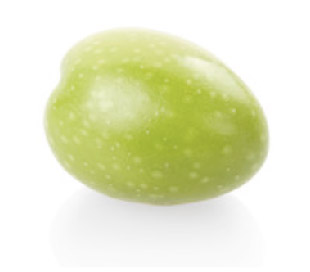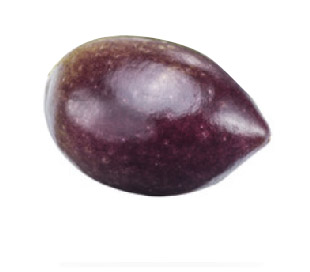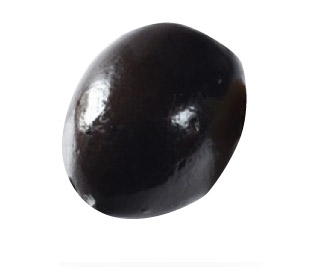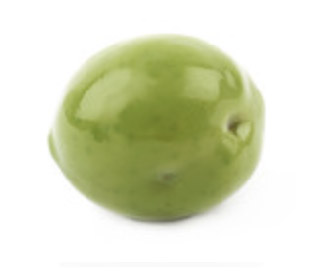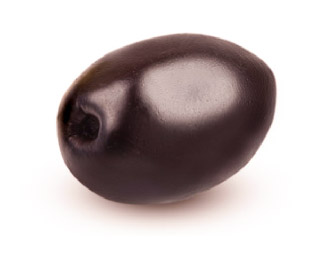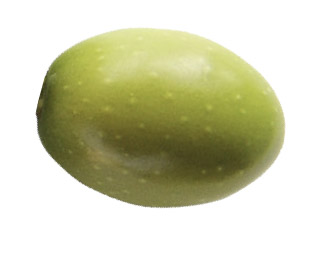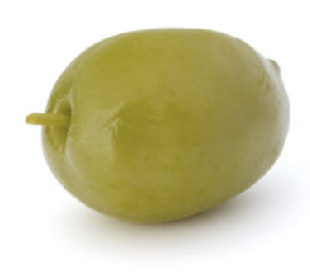Olive oil, an integral part of the Greek diet
Olive oil and olives have always been an integral part of Greek life and nutrition. The olive oil production in Greece dates back to 4000 B.C., since an ancient olive mill of that age was discovered during excavations in Methana, Peloponnese.
Greece is the third olive oil producing country in the world, but ranks first by 80% in the percentage of extra virgin olive oil over the total Greek olive oil production, while the respective rate in Italy is 50% and in Spain 20%.
The key characteristics of an extra virgin olive oil, namely low acidity, taste, flavor and color, are influenced by many factors, which compose and define its quality.
These factors are:
Greece ranks first in the world in the extra virgin olive oil production
In Greece, the vast majority of olive groves are in mountainous and hilly areas, near the sea, with lots of sunshine, where the farmers, hand pick their own olives, deliver the olives directly to the mill and attend personally the process until the last bag of their crop. In other words, the traditional methods that were always applied for the olive oil production in Greece, have been proved by scientific research to be optimum for the best quality results.
